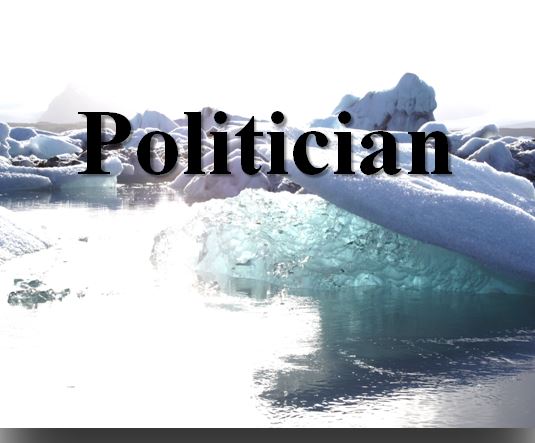The third role play confronted all participants with the question whether uncertainty make it easier for people to ignore the risks of climate change.
From a scientific point of view and an economic point of view, the risk associated with climate change is high, even though it is not easy to quantify. But in a scientific sense it would be suitable to not only look at the risk of one policy option, but also at the risk of the alternatives and compare these values. Governments are in the progress of decarbonizing our energy system. From a politic point of view, low-carbon transformation can’t go much further than what they are doing now comparing the risk of climate change with the risk of the decarbonization of the energy system, As politicians, the uncertainty is not the main reason when they ignore the risks.
First, politicians don’t get credits for potential avoided damages, especially if they lie 50 years ahead. For getting credit, they prefer to improve the livelihood of our citizens. Transforming the energy system comes with a cost, which will first result in a decreased economic growth. Even if gains are made in the future, voters will be dissatisfied with reality. The costs lie in the range of about 2 % consumption loss in the investment intensive phase of this transition curve. And the economic crisis in 2008 lead to a loss of about 8%. Compared with it, the impact of transforming so fast is tremendous. Second, policy can be reversed already in the next legislation period by successor. This is what we observe right now in the US. Third, there is an additional cost. After the nuclear power phase out in Germany, government has to compensate Vattenfall and RWE who are allowed to produce a certain amount of energy with their nuclear power plants
Uncertainty cannot make people ignore the existence of risk, but it will affect people’s decisions. As investors, they prefer to allocate their wealth on the basis of precise figures. To a certain extent, it has influenced people’s investment in risk aversion.

